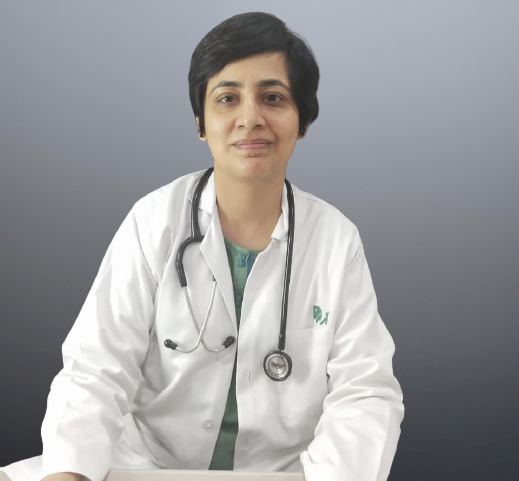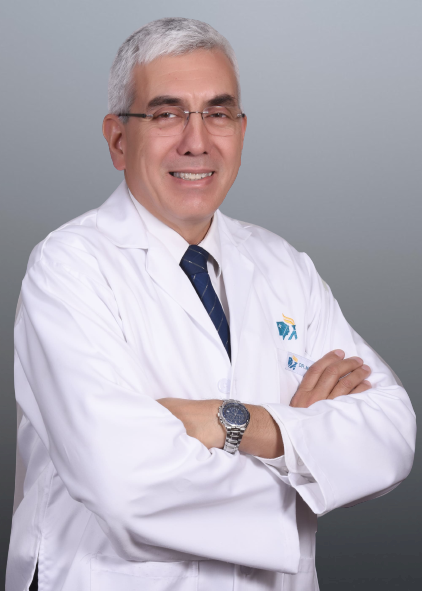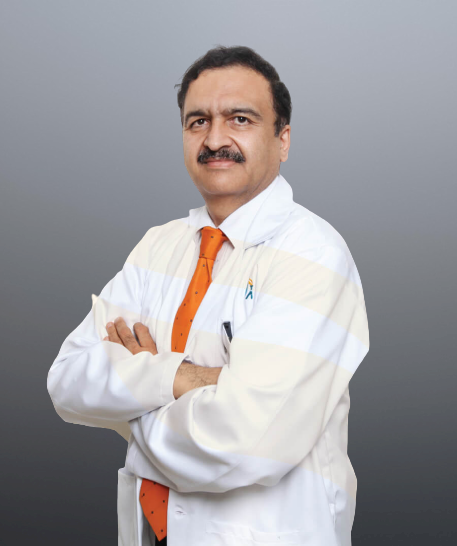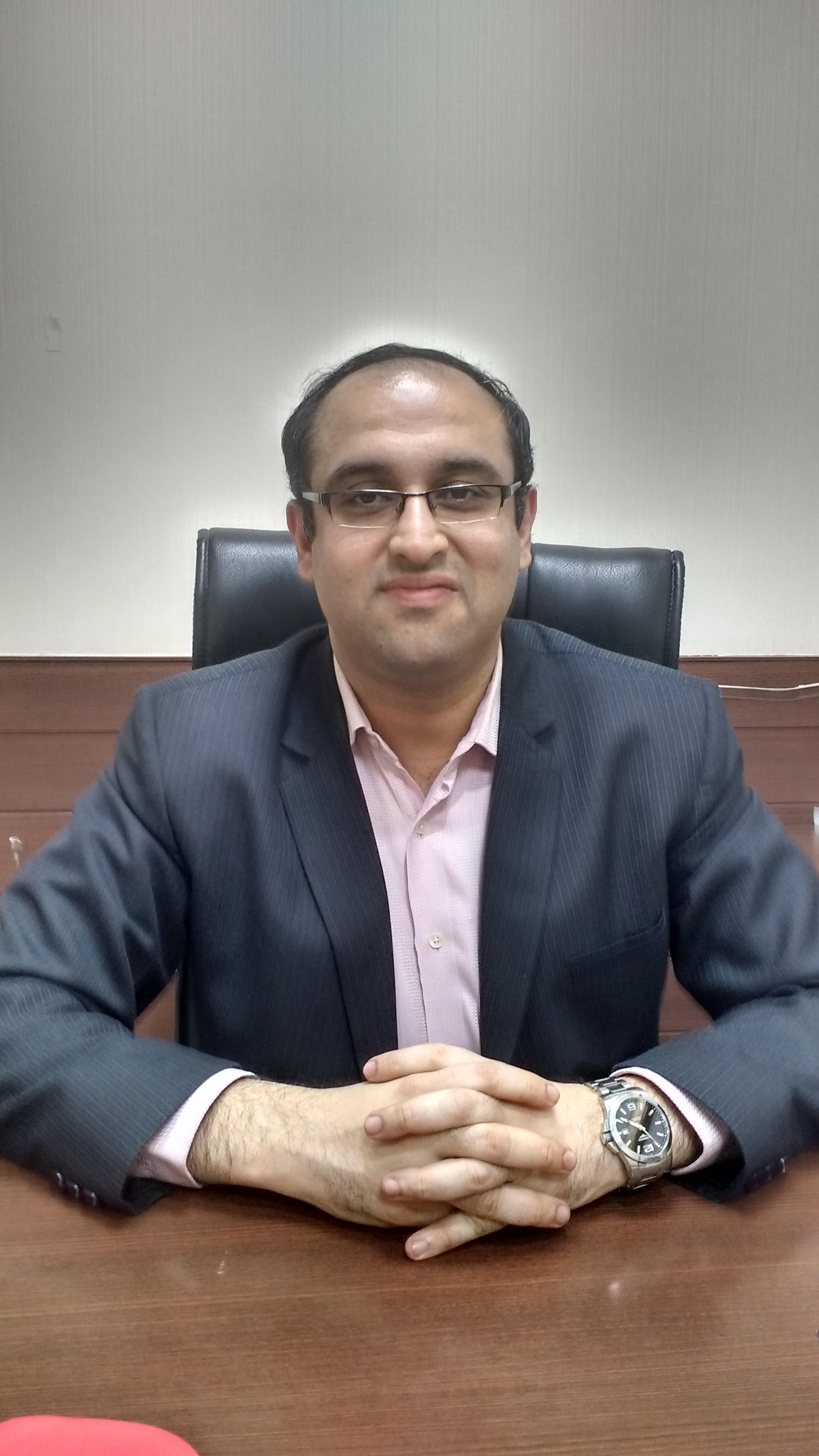Types/Stages of Huntington’s Disease
The progression of Huntington’s disease can be broadly divided into two types:
-
Adult-onset Huntington’s Disease: The most prevalent form wherein symptoms usually emerge between the mid-30s and 40s.
-
Early-onset Huntington’s Disease: A rarer variant where children or adolescents show symptoms often resembling those of Parkinson’s disease.
Symptoms of Huntington’s Disease
The onset of Huntington’s disease manifests through:
-
Physical Symptoms: Rapid involuntary movements (chorea), stiffness and loss of fine motor coordination.
-
Cognitive Symptoms: Impaired thinking and planning abilities, along with reduced short-term memory
-
Emotional Symptoms: Mood swings, depression and anxiety are common emotional changes associated with the disease.
Tests to Diagnose Huntington’s Disease
Skilled Huntington’s disease specialists make diagnoses for this issue at Apollo Hospitals, Delhi. It comprises:
-
Physical Examination: To assess motor functions.
-
Neurological Examination: To evaluate memory capacity, cognitive skills, and other neurological parameters.
-
Genetic Testing: To confirm the presence of the faulty gene.
Treatment or Surgery Options for Huntington’s Disease at Apollo Hospitals, Delhi
In Delhi, Apollo Hospitals’ best doctors for Huntington’s disease strive to manage symptoms effectively with various approaches. Some treatment options are as follows:
-
Medications: Expert healthcare professionals prescribe medications to alleviate depression, anxiety, and involuntary movements.
-
Physical Therapy: Recommended by the Huntington’s disease treatment doctors to improve motor functions and balance
-
Occupational Therapy: To enhance daily living skills and cognitive abilities.
-
Psychological Support: To help patients handle emotional and behavioural changes better.
Remember, a diagnosis of Huntington’s disease can be daunting. Yet, Apollo Hospitals in Delhi hosts some of the best doctors for Huntington’s disease treatment. They aim to provide you with the necessary care and support throughout your journey.









 Call Now
Call Now







